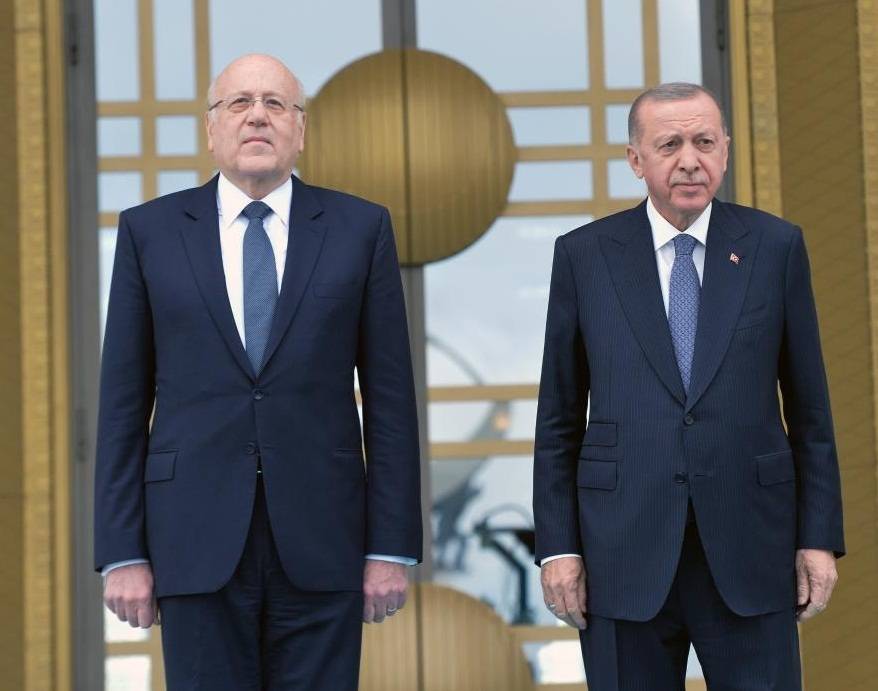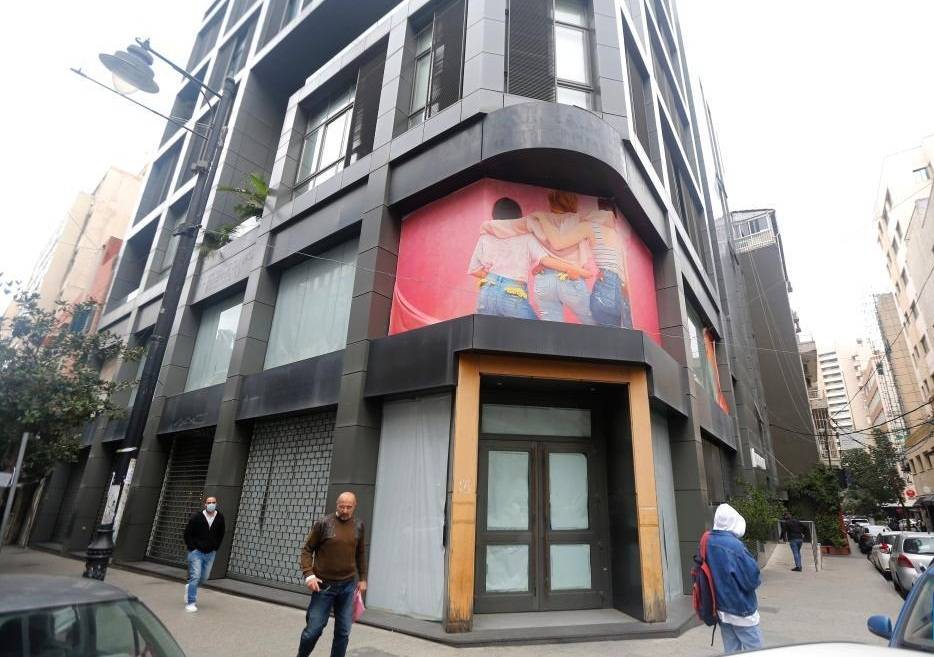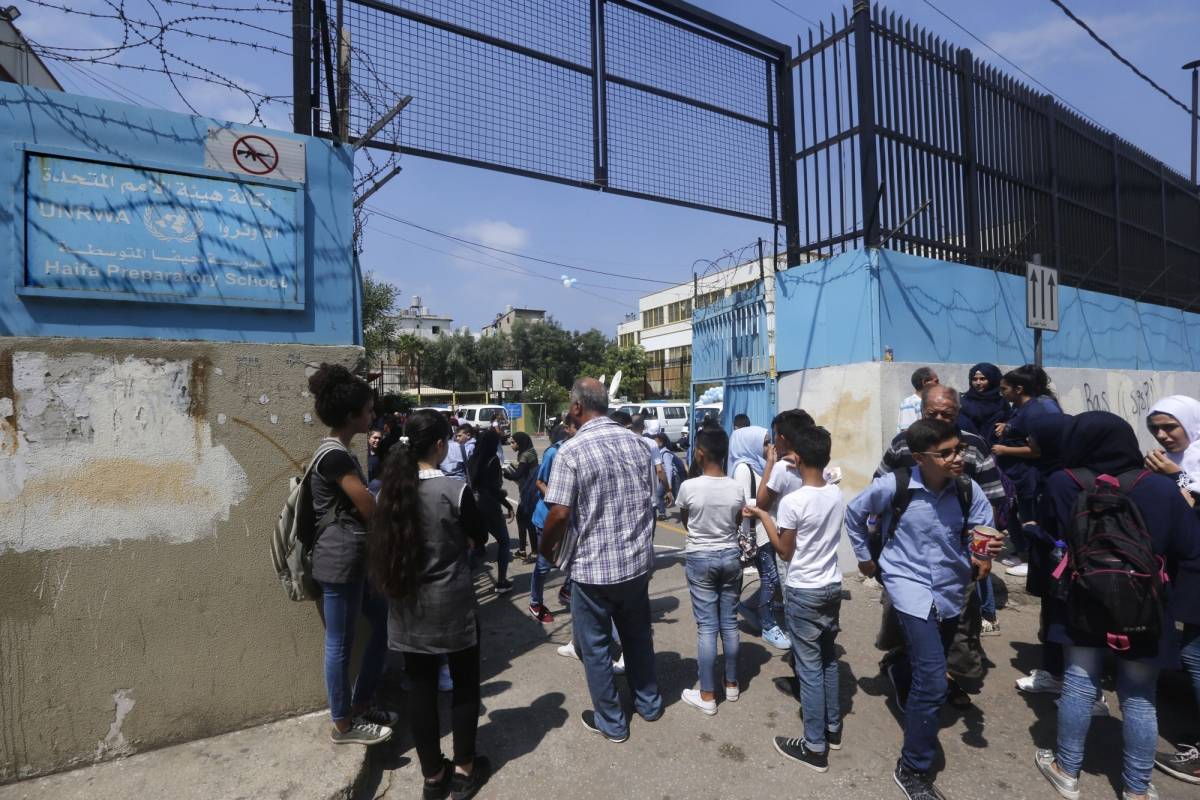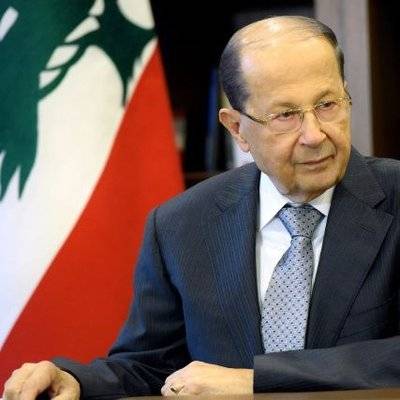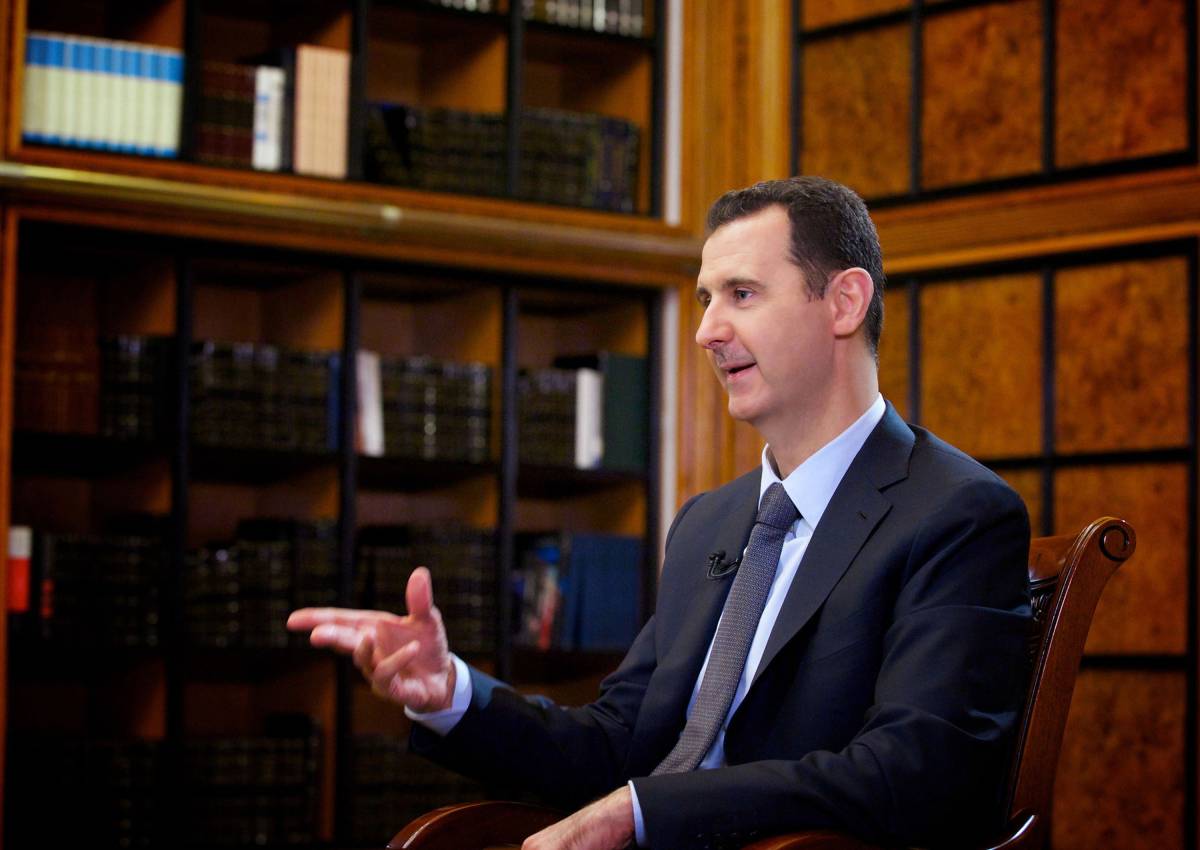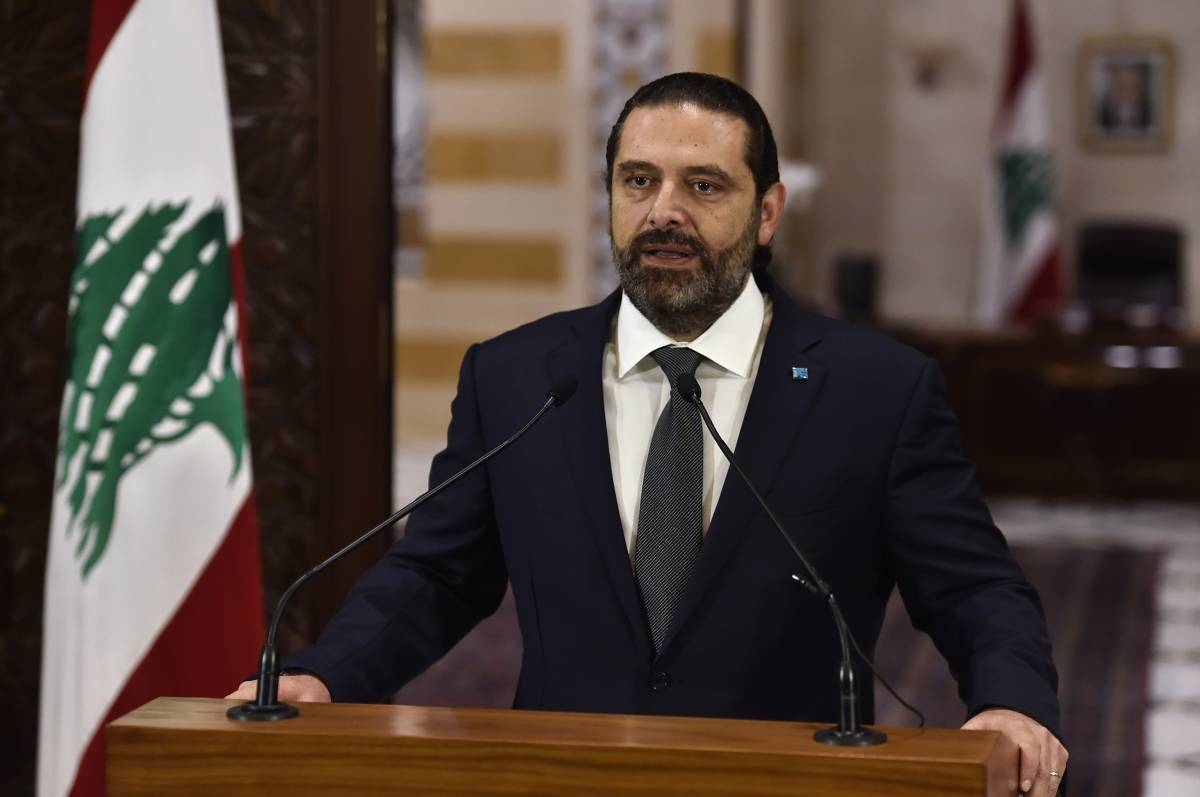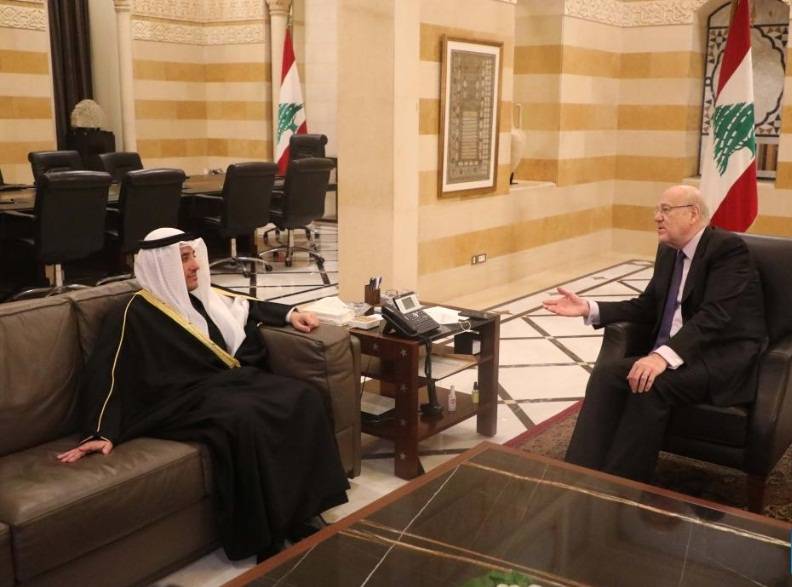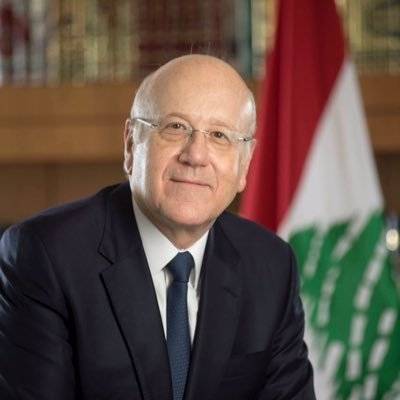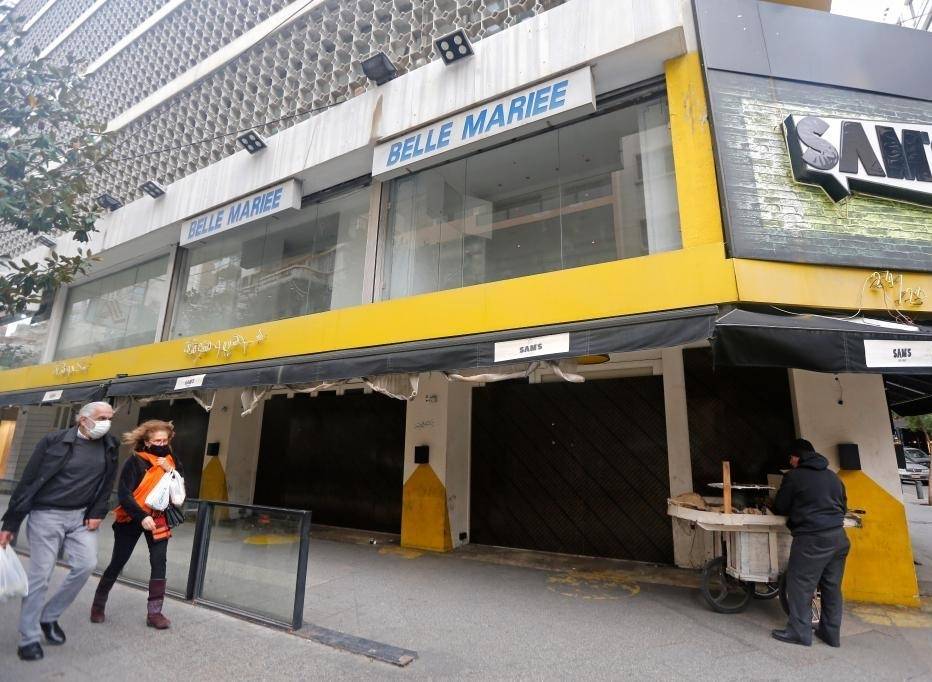Turkish President, Lebanese PM vow to enhance cooperation …. Reports ADD Newsdesk
Turkish President Recep Tayyip Erdogan has said that his country intends to strengthen cooperation and solidarity with Lebanon in a wide range of fields.
Erdogan’s remarks came at a joint press conference on Tuesday with visiting Lebanese Prime Minister Najib Mikati in Ankara, Xinhua news agency reported.
The Turkish President noted that his country considers the Lebanese people’s problems and achievements as its own, and is ready to lend support to the Lebanese government’s reform efforts.
The trade volume between Turkey and Lebanon increased by around 80 per cent worth $1.8 billion in 2021 despite the pandemic, he stressed.
“We discussed the steps that can be taken to boost that figure,” Erdogan added, noting that Turkish companies are ready to undertake major infrastructure projects in Lebanon, including reconstruction of the Beirut Port.
ALSO READ: Is Turkey once again veering towards a ‘zero-problems’ foreign policy?
“I believe that Turkish products are suitable and attractive for the Lebanese market in many aspects such as price, quality, and transportation costs,” Erdogan added, noting that his country also wants to diversify the products it imports from Lebanon.
According to Erdogan, Turkey’s flag carrier Turkish Airlines has been offering a 20 per cent discount on all Beirut-bound flights valid until the end of February to boost tourism activities.
On his part, Mikati said bilateral ties would continue to expand on solid foundations.
He noted that Turkey and Lebanon would take strong steps to improve relations in a wide range of fields, including political, economic, trade, and tourism.

Meanwhile, Lebanese Minister of Social Affairs Hector Hajjar said that about 50 per cent of the country’s population have registered for social assistance through the social safety net financing plan funded by the World Bank.
A total of 550,000 families, or 3.5 million individuals, have registered for cash assistance, mostly from areas in Akkar, Baabda and Tripoli.
“Each family will receive a fixed amount of $25 monthly, and an extra $20 for each child in the family, for up to six children,” the minister explained.
Funded by a World Bank loan of $246 million, the social safety net financing plan aims at helping the most vulnerable families in Lebanon which has been going through its worst economic and financial crisis with a poverty rate exceeding 75 per cent.
Hajjar noted that registrations for the cash assistance revealed that around 250,000 Lebanese families or 2.5 million individuals live under the extreme poverty line.
In another development, Kuwait hosted the 156th consultative meeting of Arab Foreign Ministers to discuss regional and international issues.
During a joint press conference with Arab League Secretary-General Ahmed Aboul-Gheit, Kuwaiti Foreign Minister Sheikh Ahmad Nasser al-Mohammad al-Sabah said that Lebanon’s response on rebuilding trust with the Gulf Arab countries has been received.
”We received a response from Lebanon last night, and Kuwait, along with other Gulf countries, will study this reply to determine the next step concerning Lebanon,” he said, hailing the response as potentially instrumental in getting Lebanon and the Gulf Arab states back on the same page.
The consultative meeting among the Arab ministers was positive, al-Sabah noted, adding that there was a unanimous Arab decision condemning the Houthi attacks on Saudi Arabia and the UAE.
For his part, Aboul-Gheit stressed that the meeting also dealt with the conditions and problems in the Arab region.
Moreover, the meeting emphasized the security cooperation among Arab League member states, according to Kuwait News Agency.
